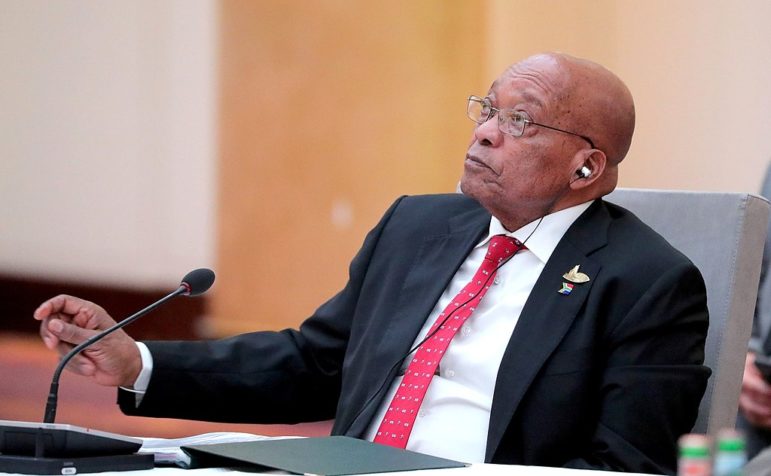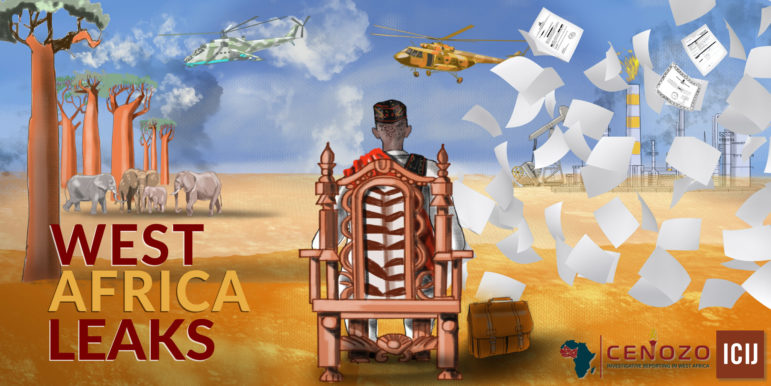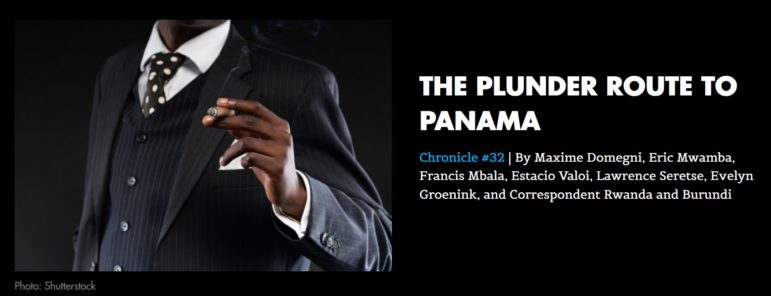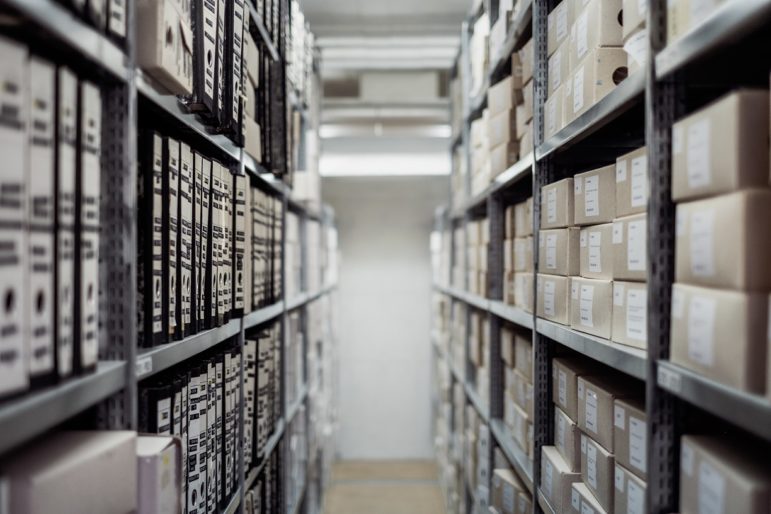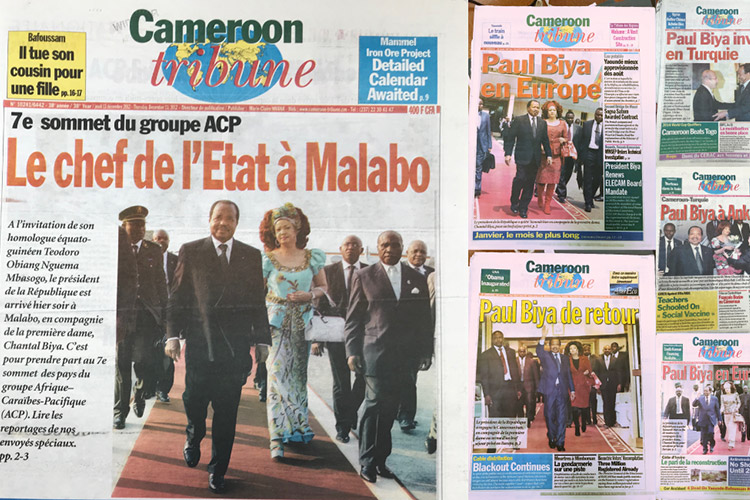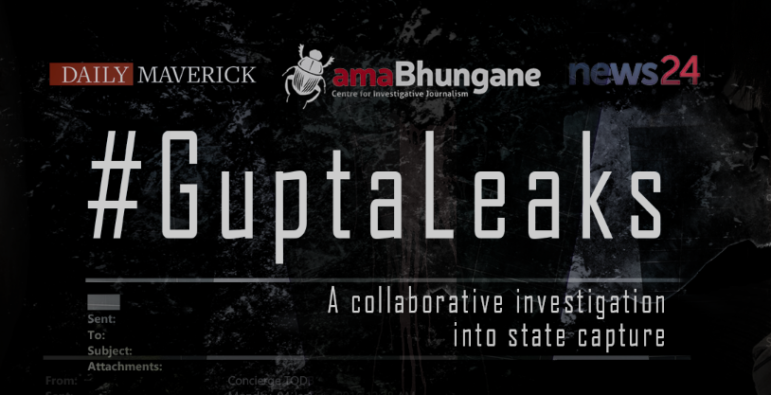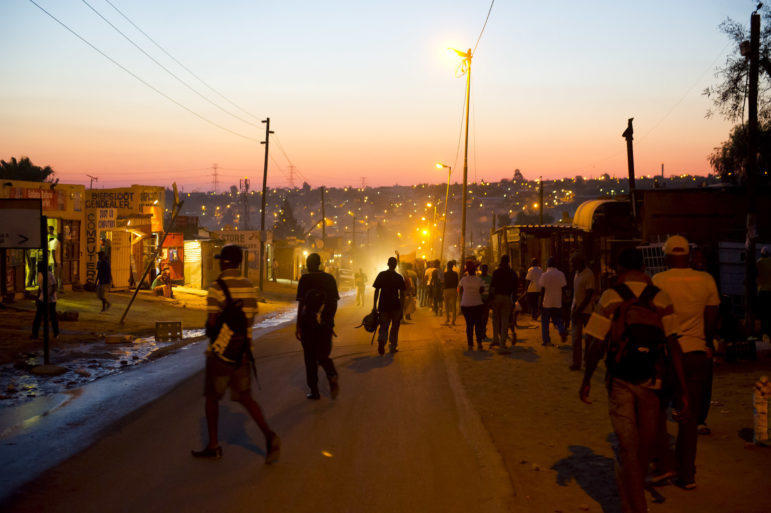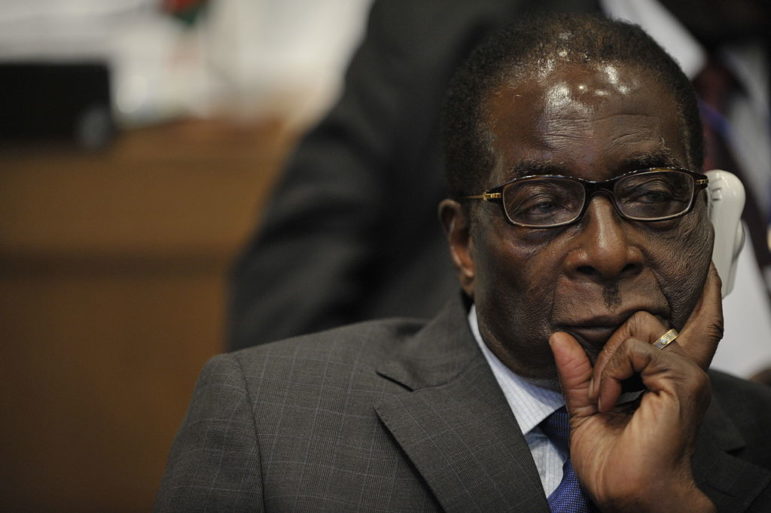
Case Studies
How They Did It: Digging up Zimbabwe’s Gukurahundi Massacre Dossier
Earlier this year, Botswana’s INK Centre for Investigative Journalism tracked down a dossier which detailed the heinous crimes of Gukurahundi — a series of massacres of civilians carried out by the Zimbabwe National Army in the 1980s — which had been kept under lock and key for decades. It was the first time the names of the deceased and blow-by-blow accounts of how the executions were carried out were made available to the public. INK’s Ntibinyane Ntibinyane writes for GIJN on how they did it.

